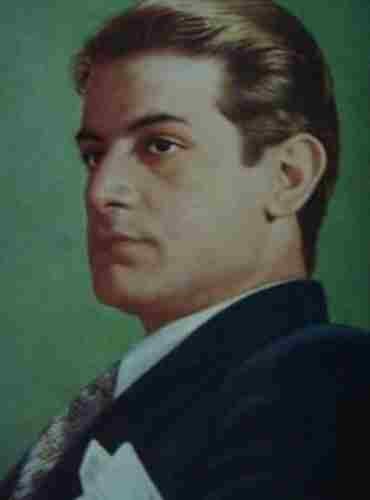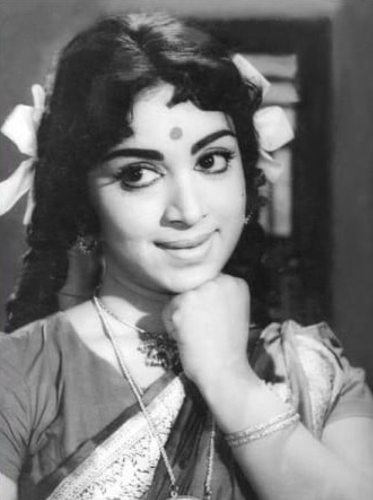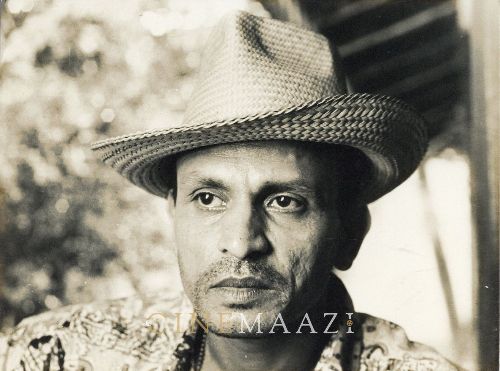This section is for paid subscribers only. Our subscription is only $3700/- for one full year.
You get unlimited access to all paid section and features on the website with this subscription.
Subscribe to read full article
This section is for paid subscribers only. Our subscription is only $37/- for one full year.
You get unlimited access to all paid section and features on the website with this subscription.
Not ready for a full subscription?
You can access this article for $2, and have it saved to your account for one year.
- Release Date19/05/1959
- GenreHistorical
- FormatB-W
- LanguageTamil
- Run Time173 mins
- Length4962 meters
- Censor RatingU
During the last decades of the eighteenth century, the British East India Company was busy annexing the small kingdoms. This is the story of a kingdom that resisted the Company’s attempts to conquer it.
The two Marudu brothers from Sivagangai steered clear of any confrontation with the British even as Col Welsh bided his time. In 1978, Oomaithurai, brother of Kattabomman who fought valiantly against the British, is given refuge at Sivagangai. The Company forces storm the fort and execute the Marudu brothers.
Though the film was based largely on actual events in history, the introduction of fictional characters and events detracted from its historical authenticity. Muthazhagu and his love for Chittu also occupied a sizable portion of the film. The scriptwriter, Kannadasan of the DMK, loaded the film with propaganda, further diluting its quality as a historical. However, his use of ballads and folk songs endowed the film with a distinctly regional flavor.
There was little effort at creating a period ambiance of this momentous phase in Indian history. Though some of the costumes were authentic, they were often gaudy and extravagant. The two British officers in the film appeared in the same costumes throughout the film. Col Welsh is shown drinking all the time, even while working. Overall, the film was more akin to a theatre production, with the characters speaking the written, literary form of Tamil and delivering the lines looking directly into the camera, as though they were making a speech.
Although the place names in the film were authentic, like Kalaiyarkovil and Panjalankurichi, no attempt was made to establish any sense of topography which is so essential in a story such as this. Much of the background of the story and many events were narrated verbally. The film was verbose and totally lacked visual quality. The gravity of certain situations was established through loud background music and Russian angle shots.
There were however two interesting episodes. A villager and his daughter tend two Marudam trees and when the axemen come to fell them for making a temple chariot, they hug the trees, very much like the latter-day activists of the Chipko movement. In another scene, when the husband is killed by robbers, his wife commits Sati (self-immolation) and the Marudu brothers declare that she should be worshipped as a deity. In fact, two other women in the film, Kannathal, and Chittu, die, apparently of no cause, after their husbands are killed.
[from the book The Eye of the Serpent by Theodore S Baskaran]
Cast
Crew
-
BannerKannadasan Productions
-
Director
-
Producer
-
Music Director
-
Story Writer
-
Screenplay
-
Dialogues
-
Cinematography
-
Editing
-
Art Director/Production Design








.jpg)



